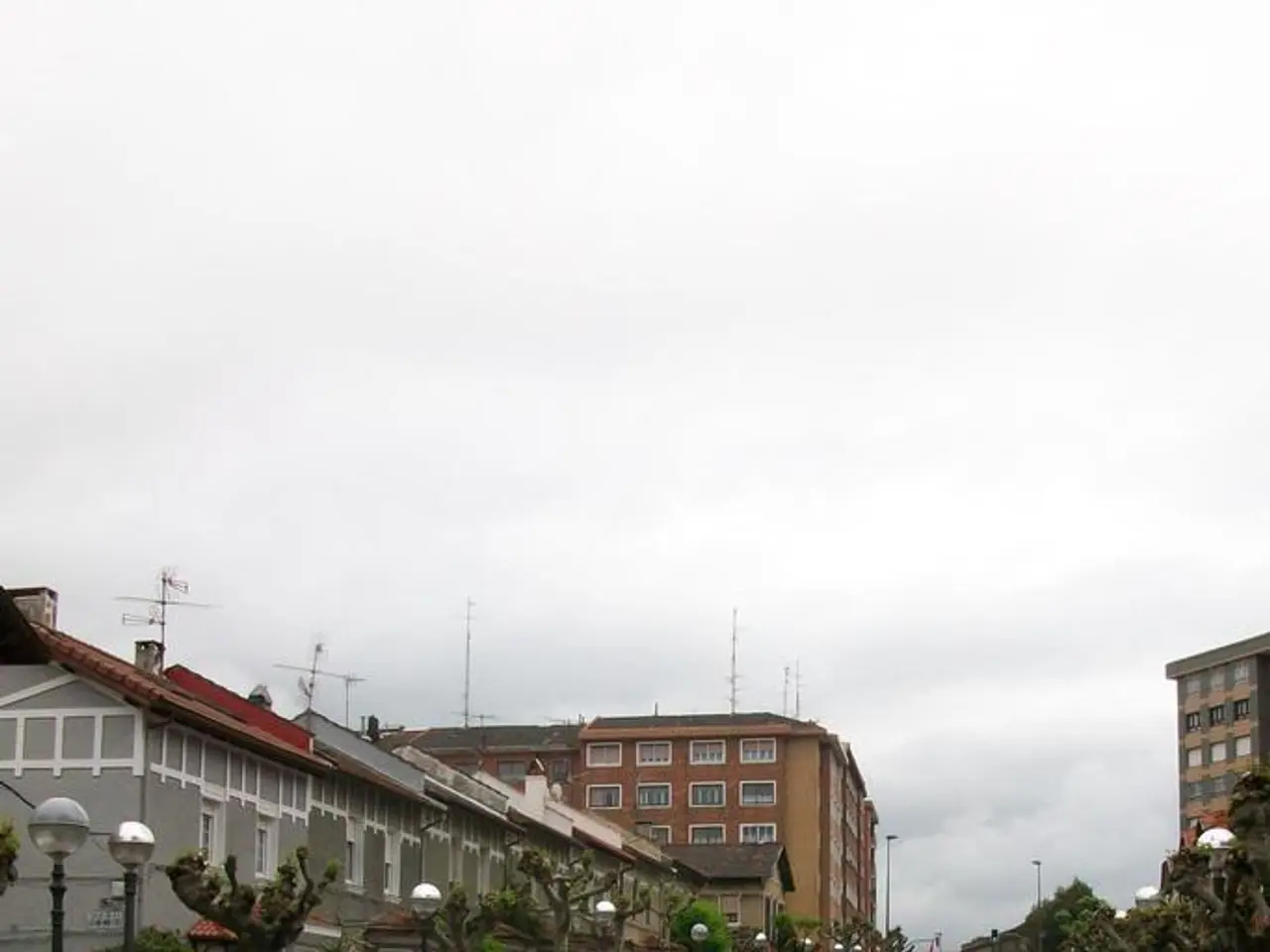Stalinist propagandist maintaining that the 'Compact' is legal: anti-democratic faction's publication
The Federal Administrative Court's recent decision to overturn the ban on the far-right Compact magazine has sparked controversy and speculation. While the ruling emphasised the importance of freedom of the press and expression under Germany's constitution, it did not address the potential impact on the magazine's popularity or profitability.
Former Federal Interior Minister, Nancy Faeser, had initially imposed the ban on Compact magazine, citing its hostile stance towards basic democratic order and values. However, the court's decision has now restored the magazine's legal ability to operate.
Jürgen Elsässer, the magazine's editor-in-chief, is expected to attend a press conference as a guest of the AfD parliamentary group. The court's decision has been hailed as a victory by the AfD, with Brandenburg parliamentary group leader, Hans-Christoph Berndt, stating that there is no legal basis for a ban on his party due to the court decision.
Despite the lifting of the ban, there is no specific information available regarding the impact on Compact magazine's sales, readership, or financial performance. The number of viewers of the Compact TV video channel has risen to over one million daily, but it is unclear whether this increase is directly attributable to the ban's lifting.
Berndt has also stated that there is no special cooperation between the AfD faction and Compact, except for potential cooperation with public broadcaster RBB. The AfD had previously rented a stage from Compact Magazin GmbH for the 2024 state election campaign and had paid a large sum in advance. The financial risk due to frozen accounts or delayed returns has been "resolved", according to Berndt.
Lawyer Laurens Nothdurft, an AfD local politician and former HDJ member, represented Compact in the Federal Administrative Court in Leipzig. Nothdurft described the decision as "groundbreaking", allowing for "non-conforming positions" and harsh criticism of migration policy without restriction, covered by freedom of speech.
The court's decision has been met with criticism from some quarters. The "Frankfurter Allgemeine Zeitung" has ridiculed Compact as the "Stalin organ of the anti-democrats", a comment that Elsässer tries to take as a compliment.
As the magazine resumes publication and distribution, it remains to be seen whether the court's decision will translate into increased popularity or profitability for Compact. The magazine's leadership has stated that it is now a "strong and profitable company" and plans to greatly expand Compact TV. Elsässer has also stated that there is no need to pursue claims for damages for the temporary ban, as Nancy Faeser is no longer in office after the federal election in February.
The court's decision has also raised questions about the classification of the AfD by the domestic intelligence agency as "undoubtedly right-wing extremist". The Administrative Court of Potsdam has not yet decided on this matter.
On Wednesday morning, three police vans and an officer were stationed outside the Potsdam state parliament in anticipation of Elsässer's press conference. The event is expected to be a significant moment in the ongoing debate about freedom of speech and the role of far-right media in Germany.
- The court's decision on the Compact magazine, a victory hailed by the AfD, has sparked discussions about its potential impact on the magazine's popularity and profitability moving forward.
- The ruling on the Compact magazine, which emphasized freedom of the press and expression, has raised questions about the classification of the AfD by the domestic intelligence agency as "undoubtedly right-wing extremist."




